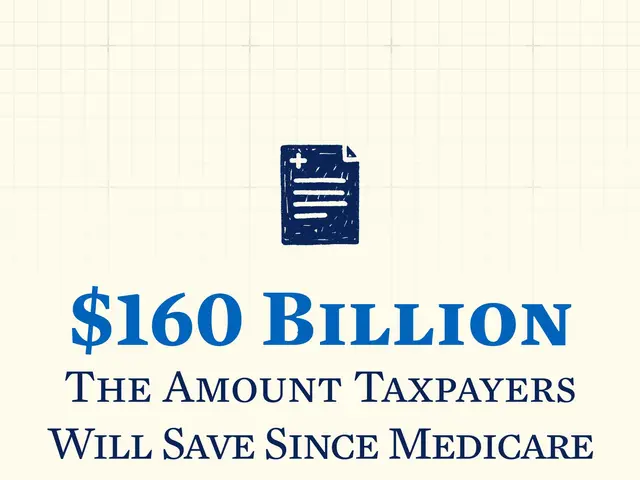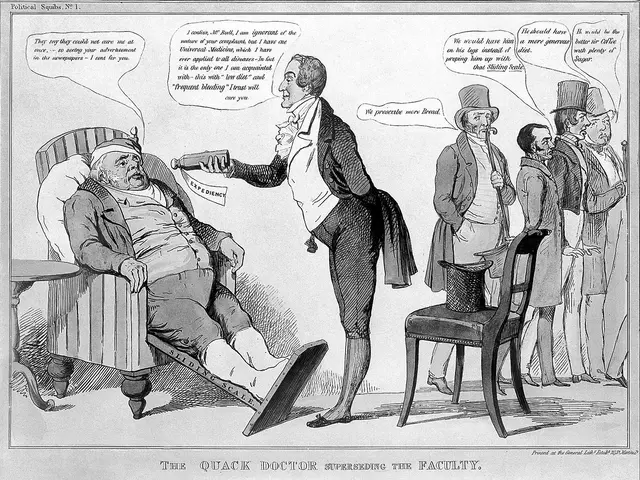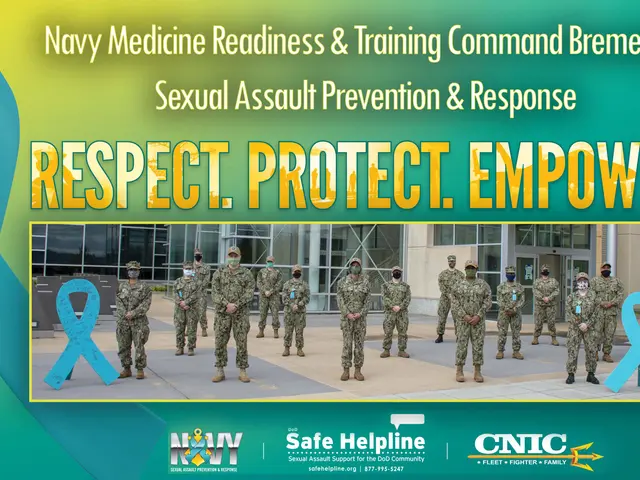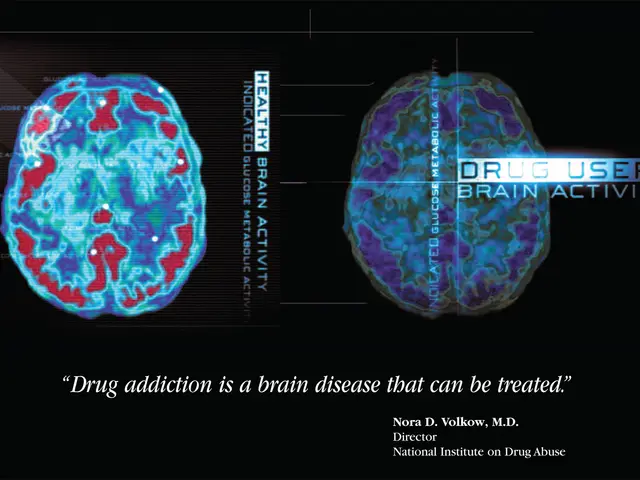Participating in Medical Research Trials: Contributing Significantly to Progress in Medicine
Clinical Research: Pioneering Advancements in Medical Science
Clinical research sits at the heart of medical progress, playing a vital role in the development, evaluation, and refinement of new treatments and therapies. By testing the safety and efficacy of a multitude of medical interventions, ranging from medications to surgical procedures, clinical research seeks to illuminate optimal strategies for patient care. Unquestionably, volunteers' participation in clinical trials forms the backbone of this quest for improvement, furnishing researchers with invaluable data that can unlock breakthroughs in medicine.
Core Essence of Clinical Research
In essence, clinical research represents a systematic exploration of diverse health interventions and their impacts on human subjects. This exploration unfolds through successive phases—typically categorized as Phases I, II, III, and IV—each with its unique focus and objective. Phase I places emphasis on the evaluation of a treatment's safety and dosage, often involving small groups of healthy volunteers. Phase II shifts the emphasis to the treatment's efficacy among individuals who have the targeted condition, encompassing larger sample sizes. Phase III involves the comparison of the treatment with existing standard therapies, as a randomized control trial (RCT). Lastly, Phase IV is undertaken once the treatment has been approved and is marketed, with the aim of monitoring long-term effects and ongoing effectiveness.
Strict adherence to ethical standards is non-negotiable in clinical research. In this regard, it is essential to secure informed consent from each volunteer, apprising them of the potential risks and benefits associated with the trial. Moreover, Institutional Review Boards (IRBs) oversee studies, ensuring adherence to ethical precepts, thereby safeguarding the rights and welfare of all participants. Consequently, partaking in clinical research not only advances the field of medicine but also strengthens the broader healthcare system, fostering an atmosphere of innovation that ultimately benefits future patients.
Empowering Participation
Volunteering for clinical research imparts a unique opportunity to both contribute to the expansion of medical knowledge and derive personal benefits. One chief incentive for enrolling in clinical trials is the prospect of early access to novel treatments that may not be widely accessible. Moreover, participants may be among the first to experience innovative therapies designed to treat a broad spectrum of health conditions. As such, their involvement can prove instrumental in enhancing their own health outcomes as well as those of future patients.
Furthermore, volunteering offers a chance to make a meaningful contribution to scientific progress. Clinical research is indispensable for improving existing treatments and unearthing new ones, paving the way for advancements in disease management and offering hope to countless individuals. In addition, countless volunteers express deep-rooted feelings of fulfillment, stemming from the knowledge that their involvement can potentially lead to a life-saving treatment for someone in need. This selfless dedication can engender a strong sense of community and purpose, as volunteers become partakers in a wider pursuit beyond their individual well-being.
Addressing False Notions
While the allure of participating in clinical research is potent, courtesy of the numerous benefits, common misconceptions may deter potential participants. Apprehensions concerning safety, efficacy, and exploitation are prevalent. However, it is crucial to comprehend that clinical research is strictly governed by stringent ethical standards and undergoes rigorous oversight to safeguard volunteers' rights. By shedding light on these misconceptions and dispelling doubts, individuals can feel more empowered to contemplate the option of clinical trial participation.
Unearthing Clinical Trials
Identifying suitable clinical trials can be the crucial first step for potential volunteers intent on contributing to medical advancements. Plentiful resources are at hand to aid individuals in their quest for participation. Online platforms such as ClinicalTrials.gov serve as central hubs for trial listings, enabling searches based on various parameters.
The study process begins with an initial screening, where prospective volunteers disclose their medical history and undergo thorough evaluations to ascertain their eligibility. This phase is essential, as it guarantees that volunteers conform to the inclusion and exclusion criteria established by the research team. Throughout this stage, volunteers may be asked to complete questionnaires and subjected to various medical tests to gauge their health status.
Once cleared, volunteers partake in the actual clinical trial, which may encompass receiving treatments, medications, or placebos, depending on the trial's design. Throughout the trial, medical staff oversee regular assessments, encompassing follow-up visits, lab tests, and medical examinations, to closely monitor the volunteers' health. Communication with research teams is common, enabling them to address any concerns that volunteers might have during the trial.
Ultimately, the volunteer experience is structured to be informative, supportive, and impactful, playing a crucial role in propelling medical research forward.
Ethical Safeguards and Continuous Oversight
Clinical trials are central to progress in medical science; however, the sanctity and ethical treatment of participants remain paramount. Significant assurance is provided by the Institutional Review Boards (IRBs), independent committees that scrutinize the ethical aspects of clinical research. Their examination ensures that participants' rights and welfare are prioritized, identifying potential risks and confirming that research adheres to ethical guidelines.
Adding further reassurance, informed consent is another cornerstone of ethical clinical research. Prior to participating, volunteers are provided with a wealth of information concerning the study's objectives, procedures, potential risks, and benefits. This process empowers volunteers to make informed decisions regarding their involvement, providing clarity about what to anticipate.
Moreover, safety monitoring does not cease once a volunteer enrolls in a clinical trial. Continuous oversight mechanisms are in place to monitor volunteers' health and well-being throughout the study. This ongoing oversight encompasses regular assessments and safety data analysis conducted by the research team, allowing any emerging concerns to be swiftly addressed.
The Rhymes of Medical Advancements and Volunteers
Volunteering for clinical research is a vital component in the grand scheme of medical advancements, providing the necessary support required to galvanize research and ultimately improve global public health. By participating in these trials, individuals make indelible contributions to the understanding of diseases, the efficacy of treatments, and the safety of new medications. This collaborative effort between researchers and volunteers bolsters the advancement of scientific knowledge and drives remarkable improvements in healthcare practices.
Participation in clinical trials can expedite the approval process for new drugs and therapies. Clinical trials act as the initial step in evaluating the safety and effectiveness of new treatments, enabling them to reach the market with the blessings of regulatory bodies such as the FDA. By volunteering, participants supply invaluable data that can either validate a treatment's potential or signal its risks, resulting in well-informed decisions being made.
Furthermore, testimonies of clinical trials' impact are prevalent, particularly in the development of treatments for rare diseases. In one such instance, a groundbreaking enzyme replacement therapy bolstered its case for approval, primarily due to the unwavering commitment and dedication of the trial volunteers. The adoration that emanated from their involvement reverberated globally, not only leading to the approval of the therapy but also instilling hope for countless individuals suffering from the affliction.
Concluding Discourse: Seize the Opportunity to Make a Difference
Volunteering for clinical research stands as an important decision that significantly impacts not only personal lives but also society as a whole. By participating in these trials, individuals pave the way for medical breakthroughs that can change lives and offer hope to countless patients worldwide. As a whole, the collective efforts of volunteers coalesce to usher in remarkable discoveries that can effect lasting change.
Careful contemplation is required to weigh the potential benefits against the risks before diving into clinical trial participation. With each volunteer's decision, medical science inches closer to untold possibilities that can transform healthcare practices and elevate the human condition. By choosing to engage with clinical research, each individual becomes an integral part of the broader endeavor for scientific progress. Embark on this journey, and let us illuminate the path toward a brighter future.
- In clinical research, volunteers' participation in various phases, including Phases I, II, III, and IV, helps shed light on the impacts of diverse health interventions and treatments, contributing to the constant quest for health and science advancements.
- By taking part in clinical trials, individuals can gain early access to innovative therapies for medical conditions, often serving as the first to experience treatments designed to address a broad spectrum of health issues, thereby potentially enhancing their own health outcomes.
- Participation in clinical research not only fosters an environment of scientific innovation but also strengthens the broader healthcare system, with volunteers playing a vital role in improving existing treatments and uncovering new ones, thus benefiting future patients.
- To eradicate doubts about clinical trials, it is essential to clarify the stringent ethical standards and rigorous oversight mechanisms in place, ensuring that research is conducted ethically and volunteers' rights are upheld, thereby addressing common misconceptions that may deter potential participants.







